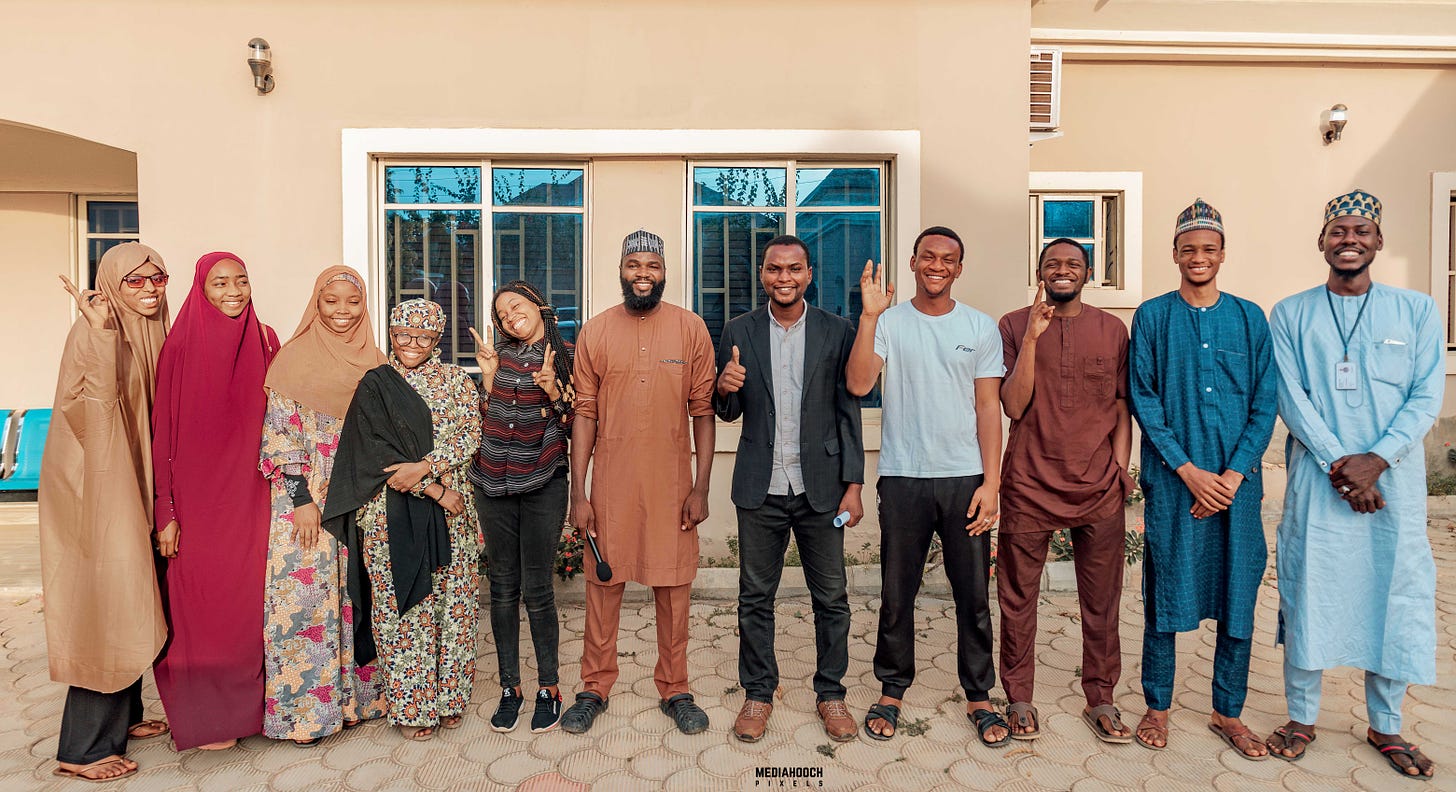Hey Friends,
Last week’s episode of this newsletter talked about the importance of building a second brain.
The fact still remained: our brain is for having ideas not for storing them.
In this episode, I want to share the basic methods I followed to build a second brain.
Remember, by the second brain …
I am not talking about replicating the human brain or creating an artificial copy of your mind.
I mean an external system for capturing, organizing, retrieving, and archiving the thoughts and ideas bouncing around in your head.
Let us showcase the importance of having a second brain with an example:
When setting up a new account on a website, due to strict security settings, many sites require you to come up with complicated passwords with special characters that you don’t usually use.
As a result, you now have to memorize this new password (Record), associate it with the other passwords that are stored in your brain (Organize) and enter that password the next time you log in (Recall).
Even in this simple example, there are several parts in the process that will make it all too easy to forget. Because this new password is unique, we have a hard time recognizing it with our regular patterns. And if we don’t use the password every day, it’s easy to forget it after a few days. One day you’ll try to recall the password but enter the incorrect one over and over again.
It is one of the most common things that happen.
Now, the question is:
Is it because the information is complicated? The answer is NO. A password is just a bunch of characters, numbers, and symbols.
It happens because our brains are not designed to memorize everything. With a Digital Brain, you can delegate it to do the heavy lifting.
Building a second brain is usually free and requires:
- Recording — storing the information
- Organization — archiving it in a logical manner
- Recall — retrieving it again when you need it
So, there are basically two steps I follow in building a second digital brain:
1. Before Recording, Decide What Information Matters to You
To become an achiever in the modern world, you’ll need to manage huge amounts of information effectively. Every article, book, webinar, podcast, email, and text message has value. However, trying to remember everything is not only overwhelming but also impractical.
Be very specific about what matters to you. Think back to your purpose and goals, what information do you need?
- To grow
- To tackle your current challenges
- To achieve what you want
You need to consolidate ideas and develop a solid system that will help you achieve your goals.
2. Record Information With the Right Tool
In most instances, we capture information without any preparation – we brainstorm ideas in a word processor, email ourselves an important note or take notes while reading.
However, we never use this information. Whether you are producing or consuming information, you need to store it in a centralized place such as Microsoft One Note, Notion, Trello, Evernote, and Bear to name a few.
These apps allow you to store small bits of information. You can save images, screenshots, hyperlinks, web pages, and PDFs. And access them using different devices.
Try any of the above-highlighted applications and report your experience in the comment section.
In conclusion, building a Digital Brain (second brain) allows us to save information systematically, come up with new ideas and turn them into reality. Your second brain serves as an extension of your biological brain. And it protects you from the effects of forgetfulness thus allowing you to take on bigger creative challenges.

Quote of the week:
Your professional success and quality of life directly depend on your ability to manage the information around you.
What happened last week:
Public speaking sessions training some selected local indigenes of Zaria on how to eliminate stage fright and transform it into eloquence and confidence.

General Videos published on the YouTube Channel:
1. After Effects Tutorial for Beginners: Transform Feature
2. Adobe After Effects for Complete Beginners
3. How to Export Video from After Effects in MP4 format
4. How to Create a Composition in Adobe After Effects
5. Why Personal Branding?
6. Essential Keyboard Shortcuts in Adobe After Effects
100 days Motivational Videos Challenge (Update)
I started the challenge on the 1st of November 2022 and here are the videos published so far:
1. Passive income vs Active Income What is the Difference?
2. How I completed my Ph.D. in 2.5 years
3. One Book that Changed my Life
6. 100 days short motivational video challenge (Introduction)
7. Are you a Lion or a Gazelle?
Have a lovely week ahead
Kind regards.
Dr. Rasheed
EPIC Mentorship